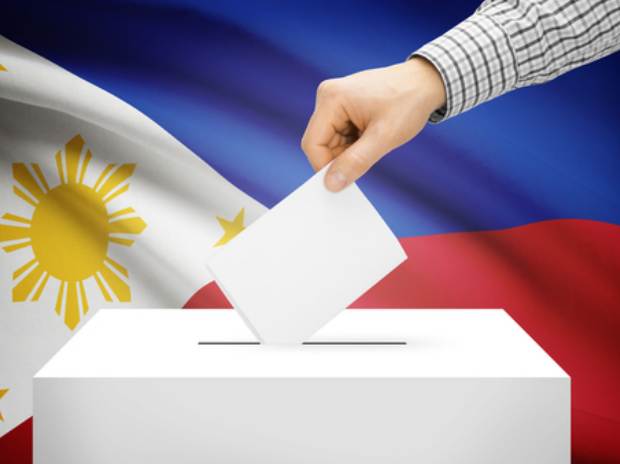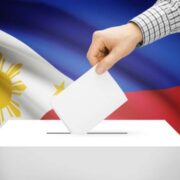
MARK your calendar. Next year Monday, May 9, 2022, eligible citizens of the Philippines will be heading to the polls to vote for their new President, Vice President, Senators, Representatives, as well as their local government public officials headed by the Governor, Vice Governor, Mayor, Vice Mayor, and Councilmen/Councilwomen.
This should be a very important milestone in our Motherland’s history for dual citizens like me who can now have our voices heard and help steer the nation to the right direction moving forward.
Even if you are not a dual citizen, and you still have your family permanently living in the Motherland, you know that the election results will be consequential to their lives and livelihood in the Philippines. Or perhaps like me, you are also sending money every month to the Philippines to help your family back home.
Our sense of history is another important reason why whatever happens to our Motherland is something we want to know more about because our life in the Philippines — good or bad — will always be part of who we are.
So let us compare and contrast the Presidential Election in the Philippines and in the United States — our adoptive country.
The Philippine Presidential Elections happen every six years. Here in the United States, we head to the polls to exercise our right and duty to vote every four years.
There are pros and cons for both. If you are fortunate to have elected a good, honest, hardworking, effective, leader with integrity and brilliant vision, then six years in the Philippines seem too short and Philippine laws allow only one term for President. However, if the people elected an abusive, lawbreaker and divisive president, then six years feels like eternity.
Here in the U.S., the President can have a maximum of two consecutive terms. Those who did not live up to the expectations of the electorate, have not delivered on their campaign promises, did not protect the people and the Constitution and abused the power and public trust accorded to the Presidency become one term president.
Here in the United States, there is a short list of former presidents who ran for office as president again after leaving office as president, and this does not include presidents who sought reelection to a consecutive term while still in office.
Just like in the Philippines, there there have been a few US presidents who ran for a seat in Congress, or governor. Most of them, however, retire from public office and just do charitable works through their own foundation, write books, and if the Constitution and democracy is threatened, some call out the sitting president.
Here in the United States, the candidates for president and vice president are a TEAM belonging to the same party. They share the same ideology, policies, platform and visions for the country. The voters elect the President and along with this vote is the vote for the presidential candidate’s running mate.
In contrast, the candidates for President and Vice President in the Philippines are elected separately in the ballot.
I prefer our system here in the United States. The President and Vice President should be elected and sworn into office as a TEAM so they can work together toward fulfilling their campaign promises to the people. And if something happens to the President that will prevent him/her from fulfilling his/her duties and responsibilities like death or chronic serious illness (including mental incapacity), or be deposed from office through impeachment, then the Vice President will carry out the programs and initiatives they were elected to fulfill for the people.
This does not happen in the Philippines where the President and Vice President(VP) come from two different parties. Oftentimes, the VP is marginalized by the president for fear of being more popular than him/her and therefore, will diminish the chances of his/her party to hold on to power in the next election cycle.
Differences and even animosity are also inevitable when the President and VP come from different parties because they have opposing views, visions, policies and programs to begin with. And if the VP exercises his/her Constitutional duty to call out the President for any violations of the law or of public morals and ethics, then this will not be taken well by the President and his/her party and will do everything to silence and marginalize the VP.
These are some major differences between the U.S. and Philippine President Elections. However, since both countries are democratic forms of government, then both should adhere to the principles of democracy enshrined in their respective Constitutions. But I will discuss more of that topic in future editions of this column.
Abangan!
* * *
The opinions, beliefs and viewpoints expressed by the author do not necessarily reflect the opinions, beliefs and viewpoints of the Asian Journal, its management, editorial board and staff.
* * *
Gel Santos Relos has been in news, talk, public service and educational broadcasting since 1989 with ABS-CBN and is now serving the Filipino audience using different platforms, including digital broadcasting, and print, and is working on a new public service program for the community. You may contact her through email at gelrelos@icloud.com, or send her a message via Facebook at Facebook.com/Gel.Santos.Relos.





